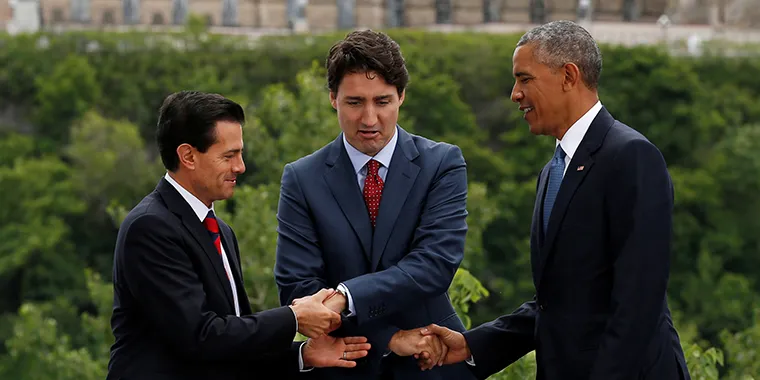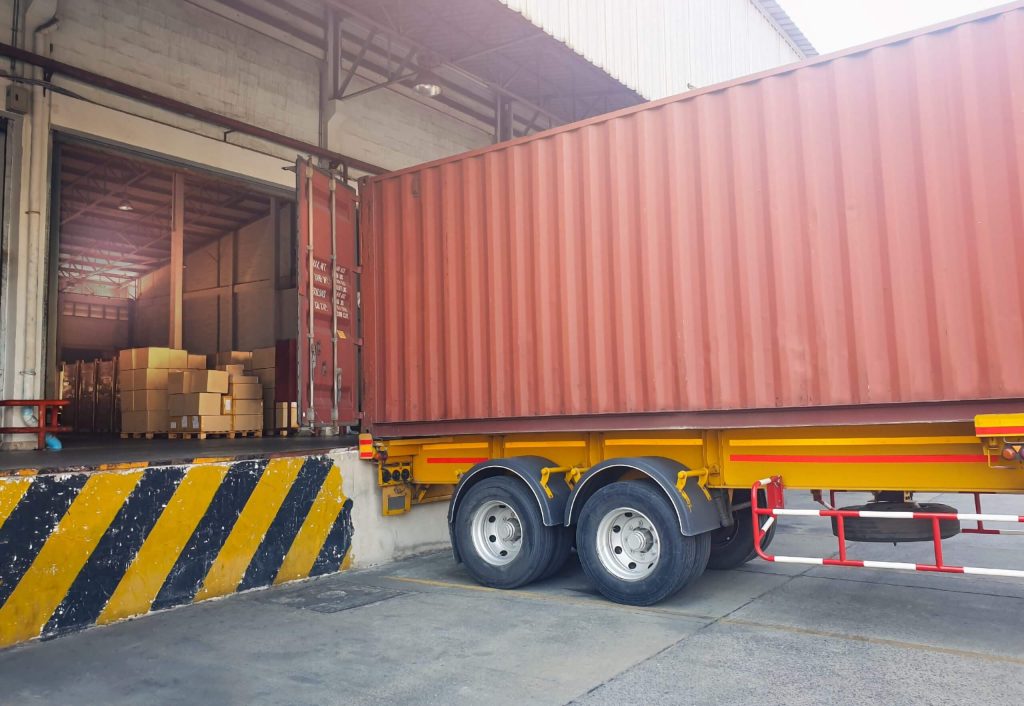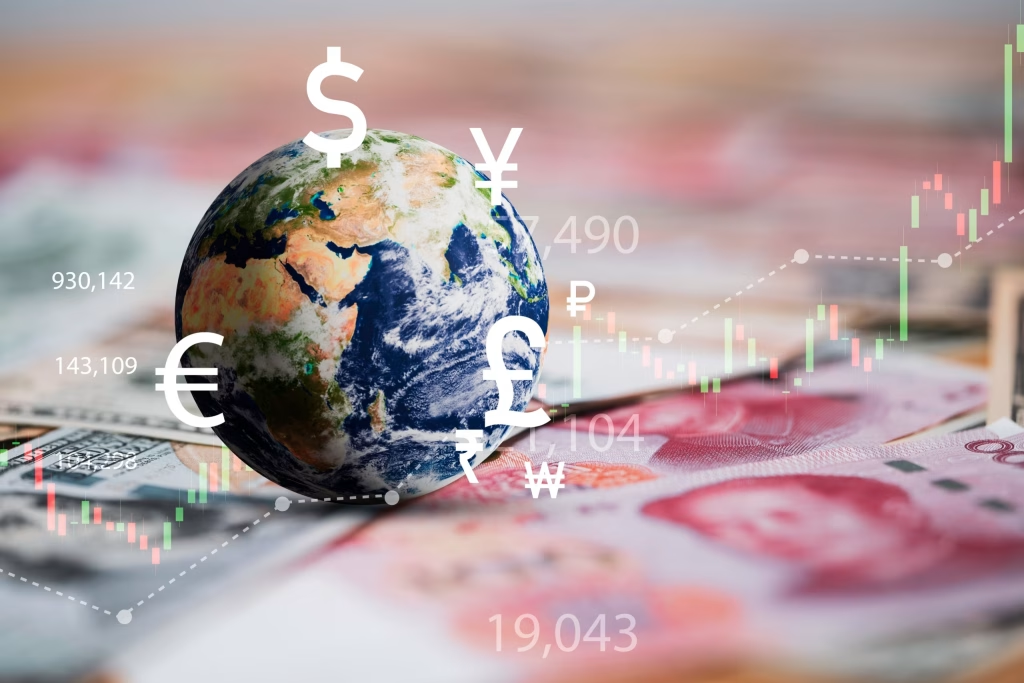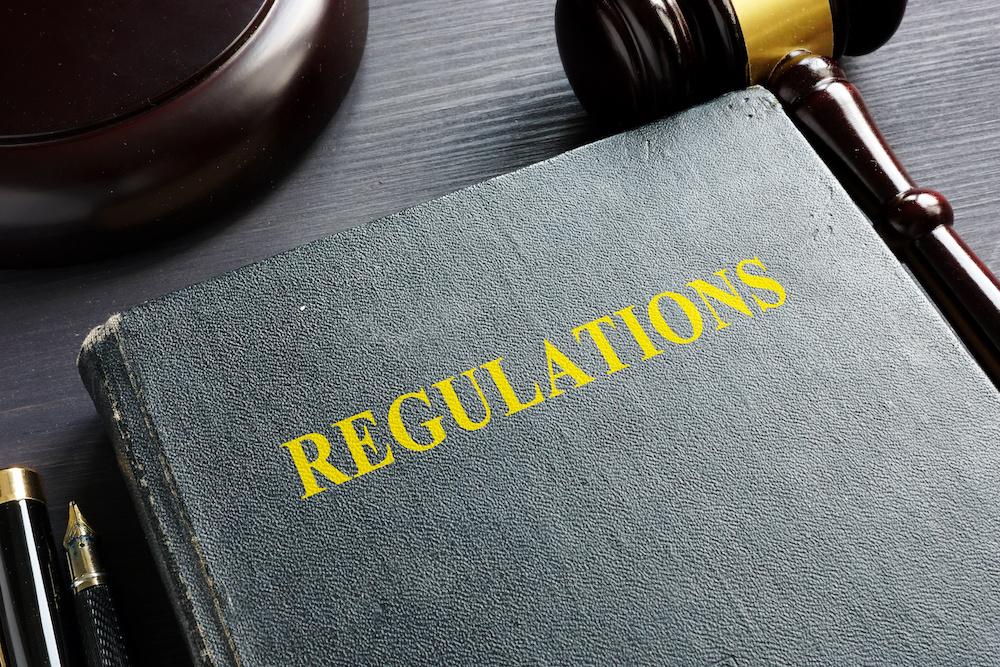
In today’s interconnected world, selling products globally is no longer just about supply and demand—it’s also about relationships and strategy. This is where economic diplomacy comes in. By combining foreign policy with economic interests, governments can help local businesses access international markets, attract foreign investment, and foster global partnerships. In this article, we’ll explore the role of economic diplomacy in expanding global market access for local products.
1. Building Strong Trade Relationships
Economic diplomacy focuses on establishing and maintaining strong trade relationships with other countries. Through embassies, trade missions, and bilateral negotiations, governments work to open new doors for local businesses.
These efforts can result in trade agreements that reduce tariffs, simplify customs procedures, and provide better legal protection for exporters. For example, a strong relationship with a regional bloc like ASEAN or the European Union can lead to preferential market access for certain local goods.
2. Promoting Local Products Abroad
Government representatives, including ambassadors and trade attachés, often promote local products in international exhibitions, trade fairs, and business forums. This helps raise awareness and boost the reputation of local brands in foreign markets.
Sometimes, they also act as intermediaries, connecting local producers with global buyers and distributors. This kind of promotion is especially helpful for small and medium enterprises (SMEs) that don’t have the resources to expand on their own.
3. Solving Trade Disputes and Barriers
When local exporters face issues such as unfair tariffs, non-tariff barriers, or import restrictions, economic diplomacy can play a vital role in resolving these challenges. Governments can engage in formal negotiations or raise the issue through international organizations like the World Trade Organization (WTO).
By standing up for their local industries, diplomats help ensure fair treatment and a level playing field in international trade.
4. Attracting Foreign Investment and Partnerships
Economic diplomacy is not only about exports—it’s also about attracting investment. When foreign companies invest in local industries, they often bring capital, technology, and access to global supply chains.
Governments can use diplomacy to create favorable investment climates, sign cooperation agreements, and encourage joint ventures that benefit local producers.
Conclusion
Economic diplomacy is a powerful tool for opening global markets and supporting the growth of local businesses. Through trade negotiations, international promotion, and strategic partnerships, governments help create the conditions for successful exports. As global competition grows, countries that invest in strong economic diplomacy gain a critical edge in the international marketplace.









